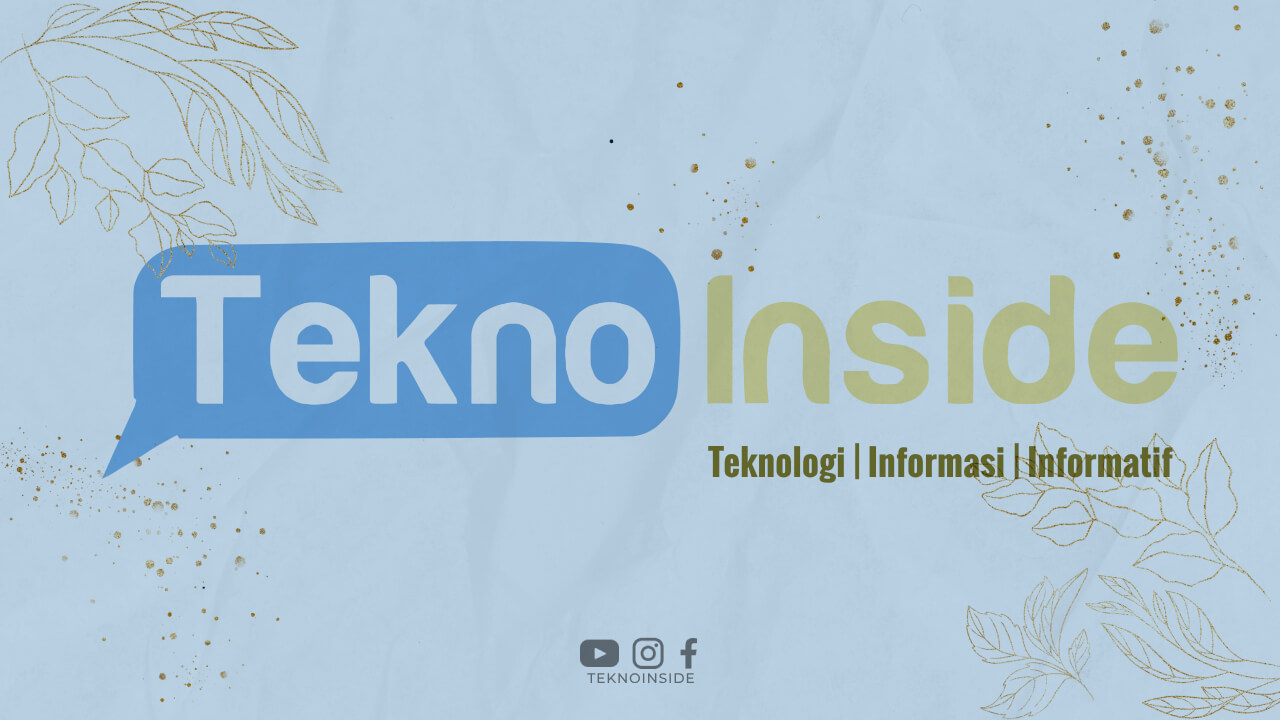Digital transformation has become an essential aspect of the modern world, revolutionizing various industries, including marketing. In simple terms, digital transformation refers to the integration of digital technology into all aspects of a business, fundamentally changing how organizations operate and deliver value to their customers. In the context of marketing, it involves leveraging digital tools and platforms to enhance marketing strategies, reach a wider audience, and drive business growth.
The Need for Digital Transformation in Marketing
In today’s digital age, traditional marketing approaches are no longer sufficient to meet the evolving demands of consumers. With the rise of smartphones, social media, and other digital channels, customers have become more connected and empowered than ever before. This shift in consumer behavior necessitates a transformation in marketing practices to effectively engage with and influence target audiences.
Digital transformation enables marketers to leverage data-driven insights, automation, and personalized communication to create more impactful and targeted campaigns. By adopting digital technologies and embracing innovation, businesses can better understand their customers, optimize marketing efforts, and ultimately drive better results.
The Key Elements of Digital Transformation in Marketing
1. Data Analytics: Data lies at the heart of digital transformation in marketing. It involves collecting, analyzing, and interpreting data to gain valuable insights into consumer behavior, preferences, and trends. By understanding customer data, marketers can make informed decisions and tailor their strategies to meet specific needs.
2. Content Marketing: With the increasing bombardment of advertisements, consumers are becoming more selective about the content they engage with online. Digital transformation emphasizes the need for high-quality, relevant, and valuable content that resonates with the target audience. Content marketing strategies focus on creating and distributing engaging content to attract, engage, and retain customers.
3. Social Media Marketing: Social media platforms have transformed the way people communicate and interact with brands. Marketers need to leverage these platforms effectively to engage with their target audience, build brand awareness, and foster meaningful relationships. Social media marketing enables businesses to reach a wider audience and create a sense of community around their brand.
4. Mobile Marketing: With the increasing use of smartphones, mobile marketing has become a crucial element of digital transformation in marketing. Marketers need to optimize their strategies for mobile devices, ensuring that their websites, advertisements, and content are mobile-friendly and provide a seamless user experience.
5. Marketing Automation: Automation tools streamline and simplify marketing processes, enabling marketers to focus on high-value tasks. Automation platforms can handle repetitive tasks such as email marketing, lead nurturing, and data analysis. By automating these processes, marketers can save time, increase efficiency, and deliver more personalized experiences to their customers.
The Benefits of Digital Transformation in Marketing
1. Improved Customer Insights: Digital transformation allows marketers to gain deeper insights into customer behavior, preferences, and needs. By analyzing data, businesses can understand their target audience better, identify trends, and tailor their marketing strategies accordingly.
2. Enhanced Customer Engagement: Digital transformation enables marketers to engage with customers in a more personalized and targeted manner. By leveraging data and automation, businesses can deliver relevant content and offers to individual customers, fostering stronger relationships and increasing engagement levels.
3. Increased Reach and Brand Awareness: Through digital channels, businesses can reach a global audience and expand their brand’s visibility. Social media, search engine optimization, and content marketing strategies help businesses increase their online presence and attract new customers.
4. Cost Efficiency: Digital marketing often proves to be more cost-effective than traditional marketing methods. Digital campaigns can be tailored to specific budgets, and the ability to measure and analyze results allows marketers to allocate resources more effectively.
5. Agility and Adaptability: Digital transformation enables businesses to be more agile and adaptable to changing market trends. With real-time data, marketers can quickly identify what is working and what is not, allowing them to make necessary adjustments and optimize their strategies for better results.
Conclusion
Digital transformation has undoubtedly revolutionized marketing. By embracing digital technologies and integrating them into marketing strategies, businesses can effectively engage with their target audience, drive growth, and stay ahead of the competition. From data analytics to automation, the key elements of digital transformation enable marketers to optimize their efforts, enhance customer experiences, and achieve long-term success in the digital era.

